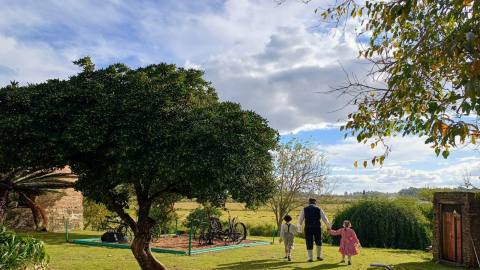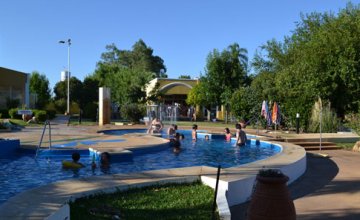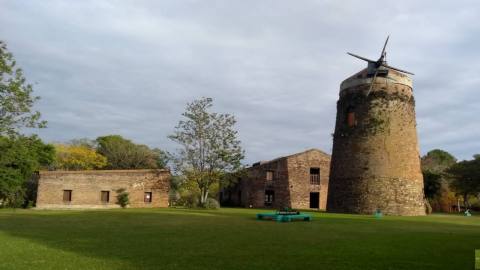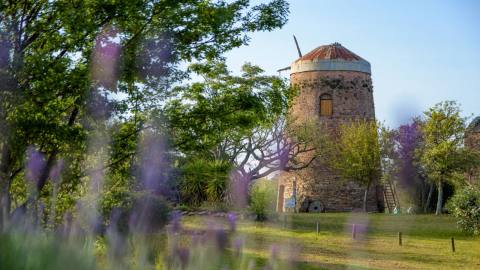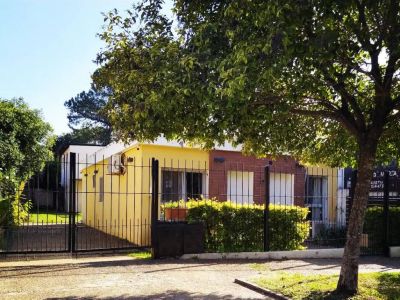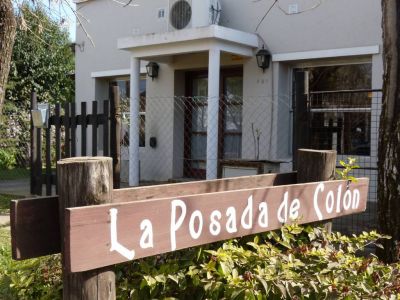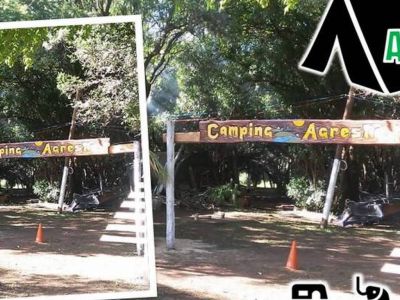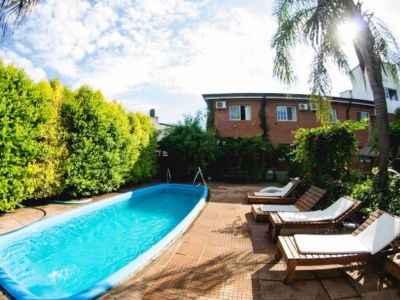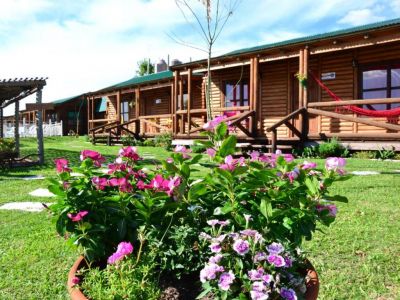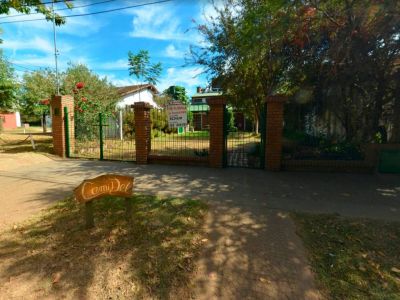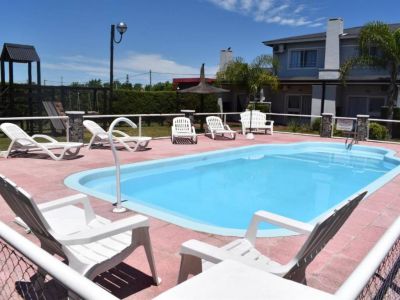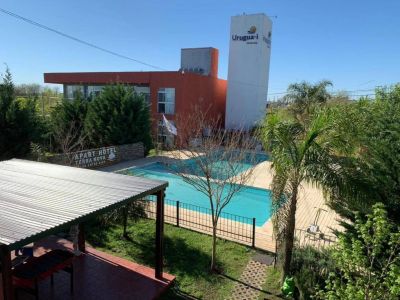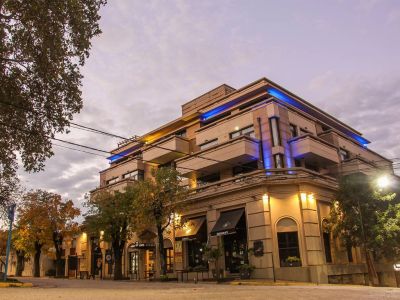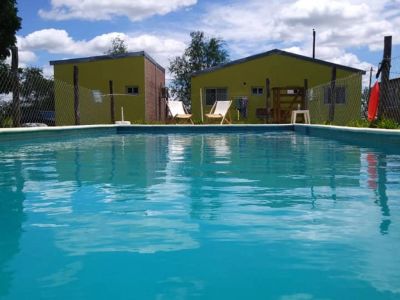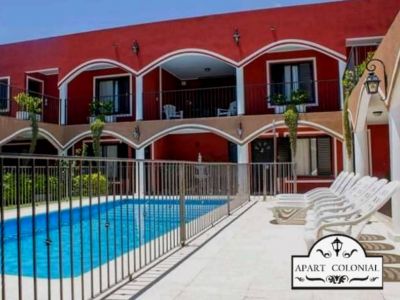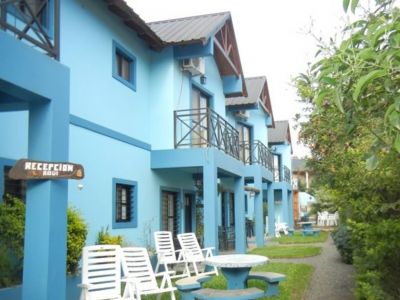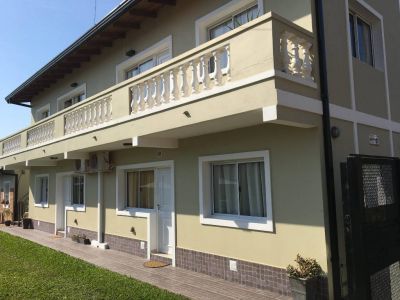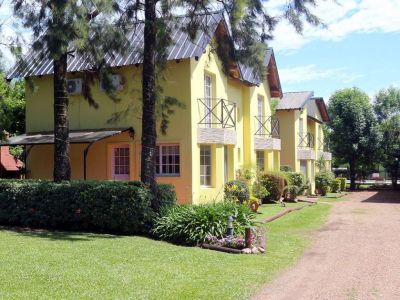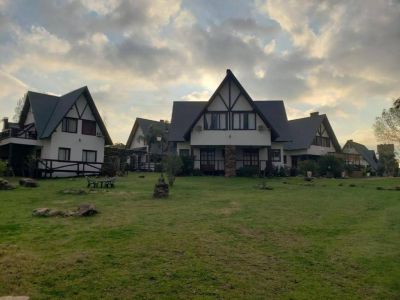This story is about Juan Forclaz, who built the windmill on his property to increase flour production. In the San José neighborhood, the mill replicated the Dutch structure with large blades to catch the winds and drive the work.
“The mill that was not”
The city of San José, Entre Ríos, Molino Forclaz bears witness all efforts and sacrifices made by the first settlers who arrived in this region at the time of the Argentine Confederation, who saw in the land the support for the development of hardworking and uprooted cultures.
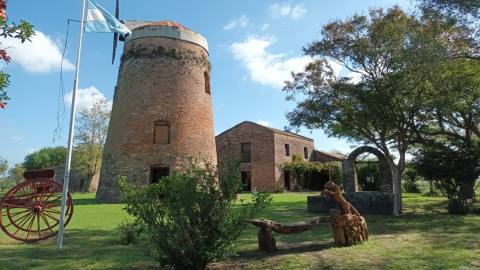
At the time of the Argentine Confederation, the first Swiss arrived in the fledgling colony of Entre Ríos. Then the Savoyards and the Piedmontese joined. Juan Bautista Forclaz settled in Colonia San José in 1859 and many settlers, dedicated himself to grinding grain. He built a winch mill that supplied the few neighbors, but as the population increased, the mill was no longer enough.

Between 1888 and 1890, Don Forclaz planned and built a windmill based on the ones used in Europe at that time, where powerful winds were blowing. However, the region where these French, Swiss, and Italian settlers settled did not have the same natural currents to power the huge-armed mill. Over time they understood that the region's winds required another type of blade.
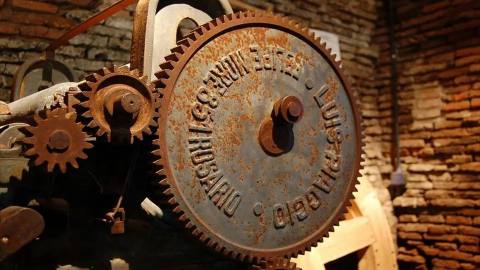
On the property where this testimony of the ingenuity of immigrants and Entre Ríos heritage is located, there is also the old house of Don Forclaz and his family. Next to the house and the mill, there are the sheds with farm tools, the cistern, and the patios. In addition, it shows how a winch system mill worked: pulled by mules. This was the original type of milling. The entire architectural complex is a journey to learn how the first settlers of San José lived and delve into the austere life shown by the dramatizations.
The Molino Forclaz Provincial Museum was declared a National Historical Monument in 1985 and Architectural Historical Heritage of the Province of Entre Ríos in 2003.
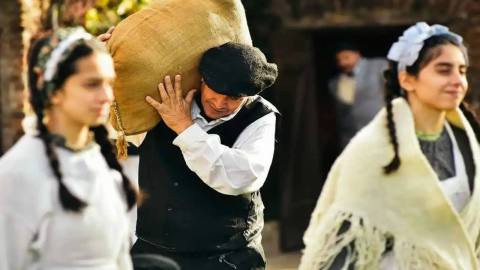
Guided visits
Traditional visits: carried out during the regular opening hours.
Immersive tours: declared of Cultural Interest by the Secretary of Culture of the Province of Entre Ríos since 2013. A group of people will show you what life was at the time of the mill. These visits are scheduled according to the museum's agenda.
Night tours: The simple lighting with candles and lanterns will transport you back to the late 1800s for an interactive and educational experience. These visits are planned only in summer seaso
